Cape May County Fights Back Against NJ’s New Flood Rule
Cape May County’s top official, Commissioner Director Len Desiderio, is pushing back hard against the New Jersey Department of Environmental Protection’s (NJDEP) proposed NJPACT REAL Rules, saying they will unfairly hit the county’s year-round residents and workers the hardest.
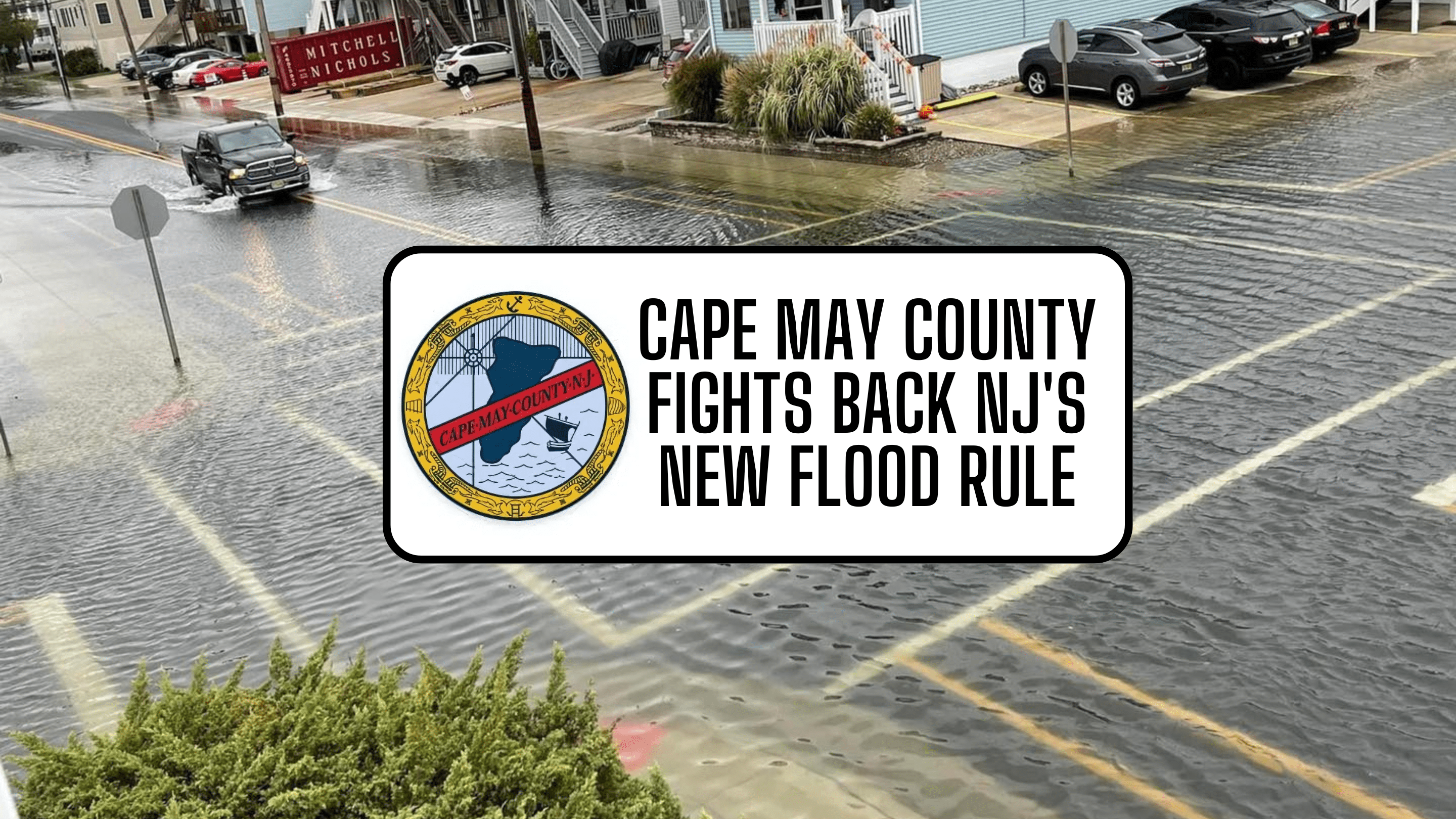
Cape May County Fights Back Against NJ’s New Flood Rule
Desiderio’s concerns were laid out in a letter to The Press of Atlantic City in response to an October 22 article that presented second-homeowners as being in favor of the new flood regulations, but Desiderio says the reality for locals is much different.
In his letter, Desiderio pointed out that while second-homeowners like Dan Bachalis and Barbara Neary are able to support the regulations because they’ve already taken steps to elevate their properties, the rules would have devastating consequences for many of Cape May County’s working-class residents, seniors, and disabled individuals.
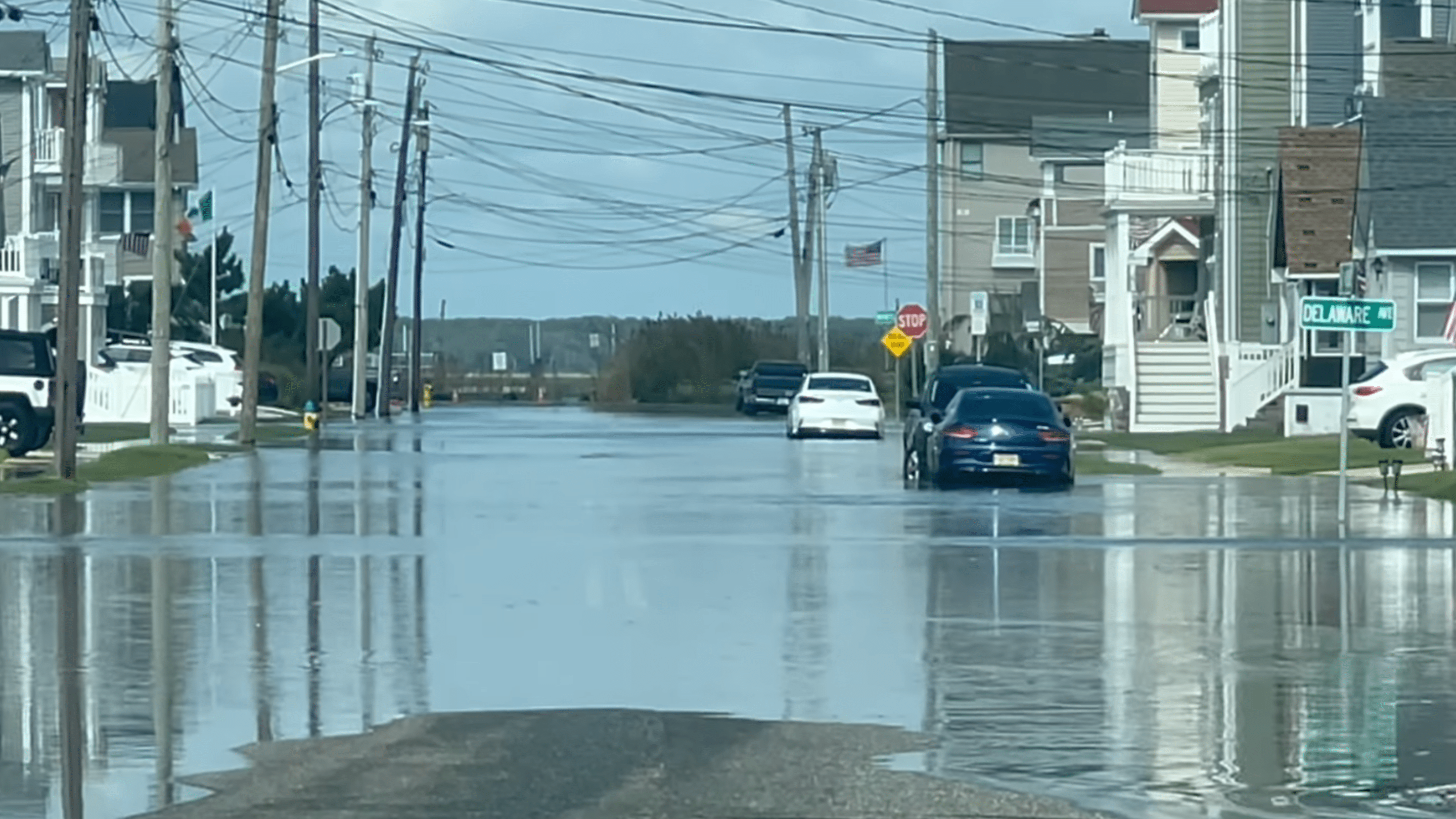
“The people most affected by these regulations are not second-homeowners; they are the year-round residents who keep Cape May County’s economy running,” Desiderio said. “These are the gas station attendants, waitstaff, fishermen, and amusement park operators–people whose incomes fall well below the state average.”
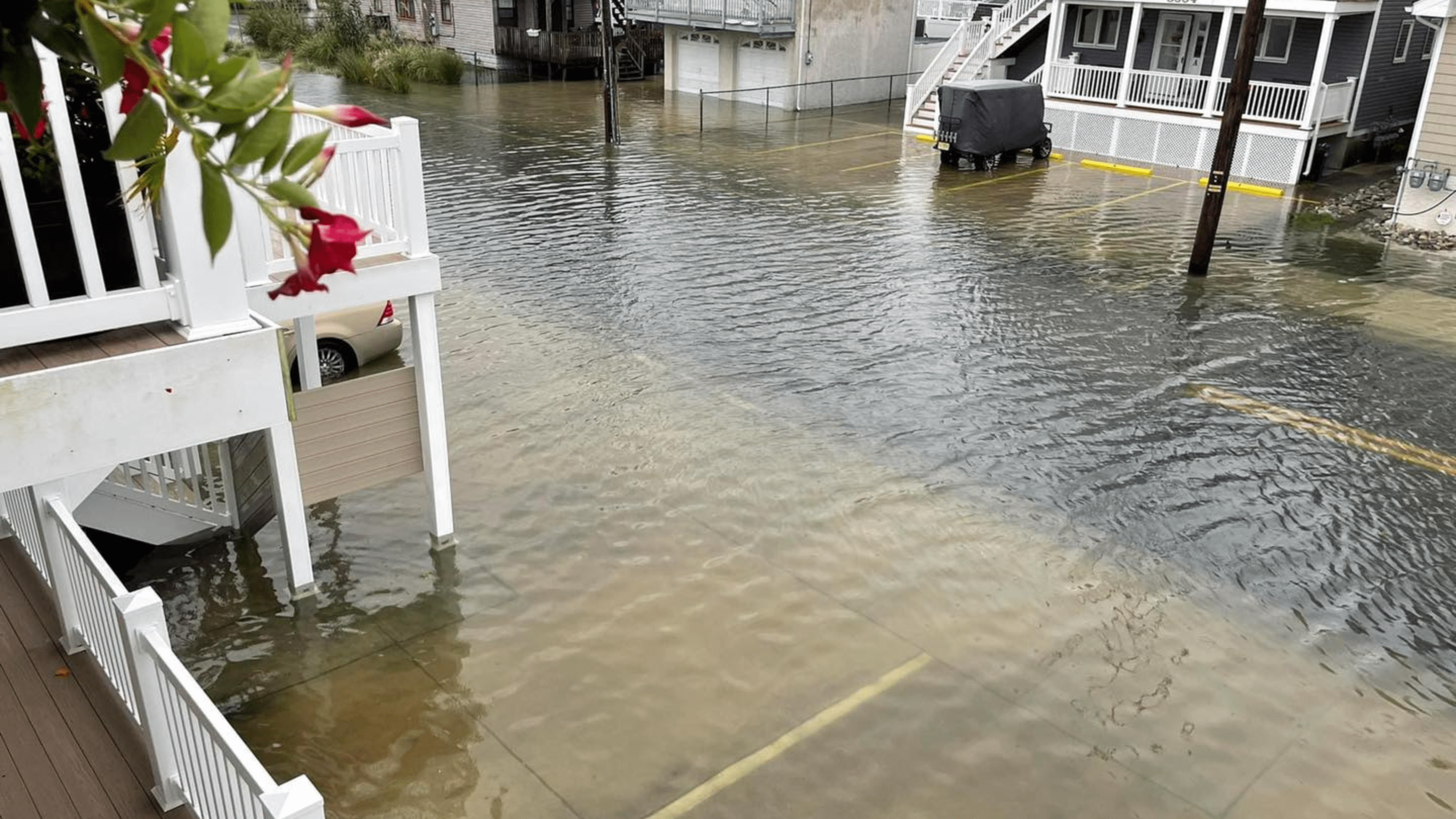
He says that these residents, many of whom already struggle with the high cost of living, would be hit hardest by the new rules, which he warns would drive up construction costs and make it even more difficult to build affordable housing in the area.
One of the biggest concerns Desiderio highlighted is the new 3% limit on impervious coverage within the state’s newly designated Inundation Risk Zones (IRZs). This restriction could severely limit the land available for development, which would push housing prices even higher in an area already struggling with affordability.
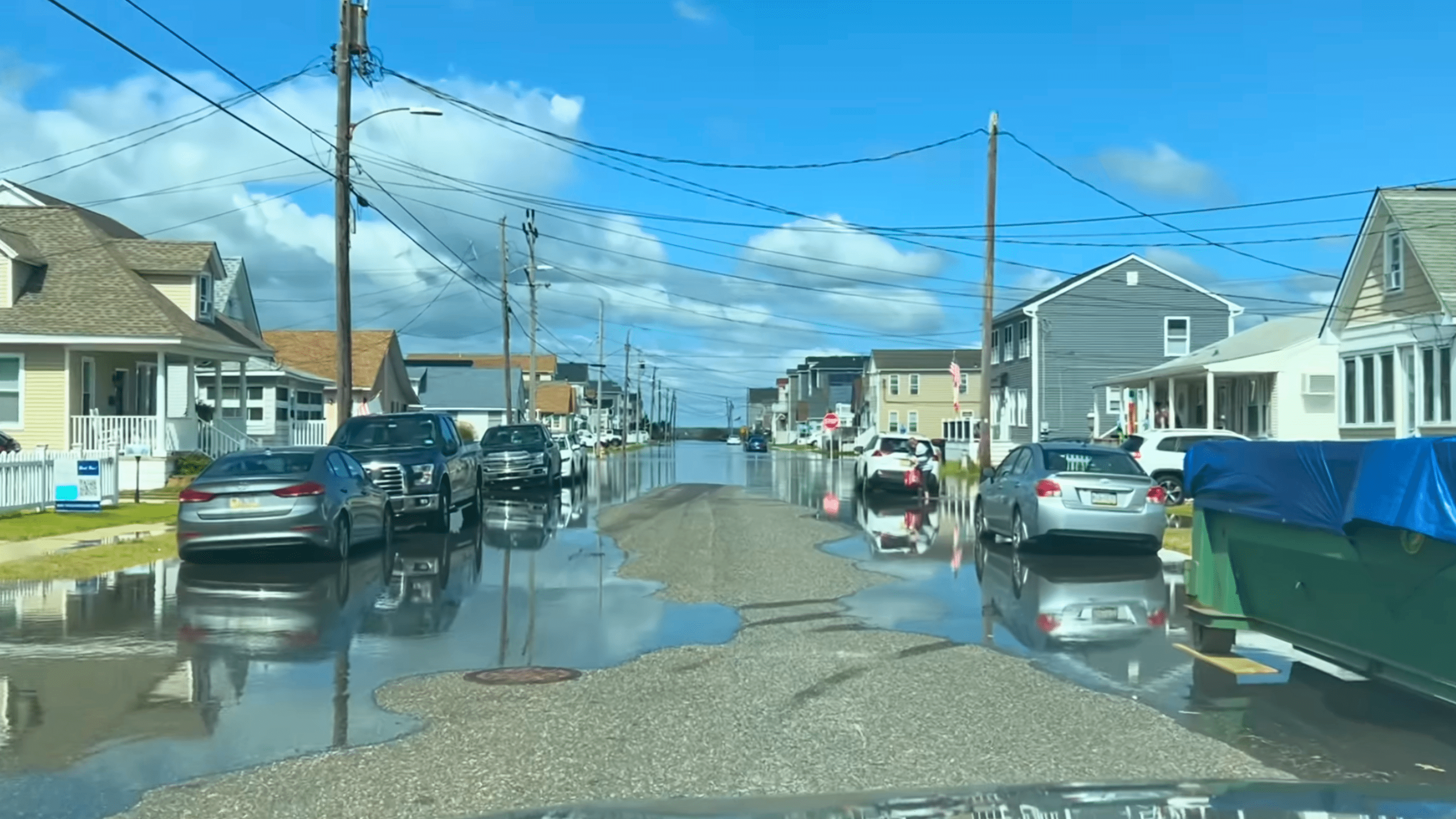
But Desiderio argues that this success story doesn’t apply to most Cape May County residents, who don’t have the resources to elevate their homes or buy property further inland.
Also See: New Jersey’s Topsail Steamer To Appear on Shark Tank
“For these families, retreating is not an option; they have nowhere else to go,” Desiderio said.
Desiderio is calling the proposed rules a serious environmental justice issue, saying that they disproportionately harm working-class families, the disabled, and seniors, while second-homeowners are left relatively unaffected. He believes that Cape May County’s residents should not be forced to shoulder the burden of flood regulations designed with little input from those who live in the area year-round.
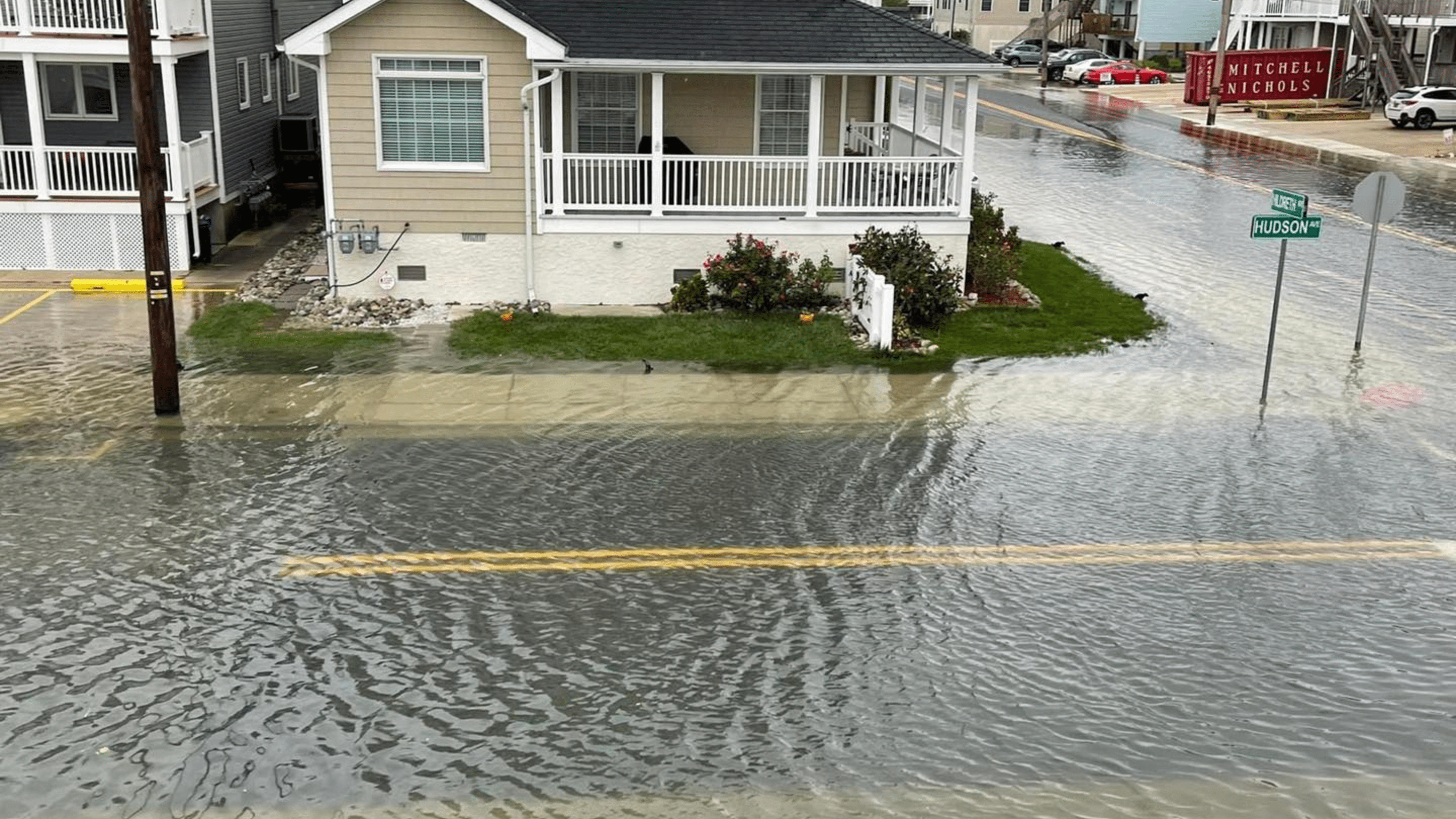
Many of these municipalities participate in FEMA’s Community Rating System (CRS) Program, which has helped reduce flood risks and lower insurance premiums for local residents.
However, Desiderio argues that the NJPACT REAL Rules go too far and could lead to gentrification, where wealthier second-homeowners are able to comply with the new regulations, while lower-income residents are priced out or displaced.
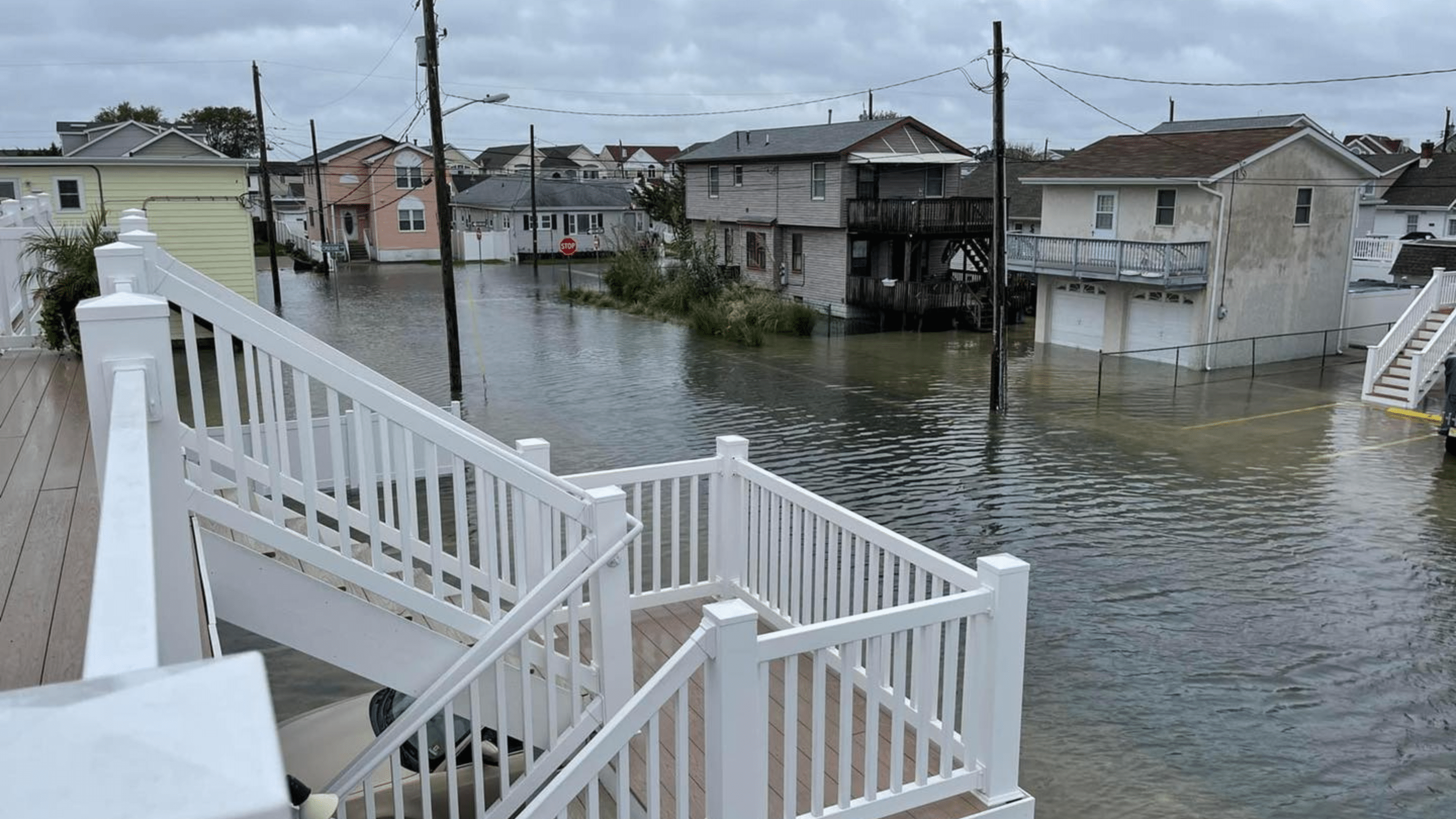
In closing, Desiderio made it clear that Cape May County isn’t fighting against climate action–it’s fighting for fairness. “We call on the state to reconsider these burdensome rules and find solutions that protect both the environment and the people who live and work here year-round,” he said. “It is possible to address climate change without sacrificing our communities, but only if we work together to find a balanced path forward.”
As the debate over the NJPACT REAL Rules continues, it’s clear that Cape May County’s leadership won’t back down in their fight to protect the region’s most vulnerable residents.
